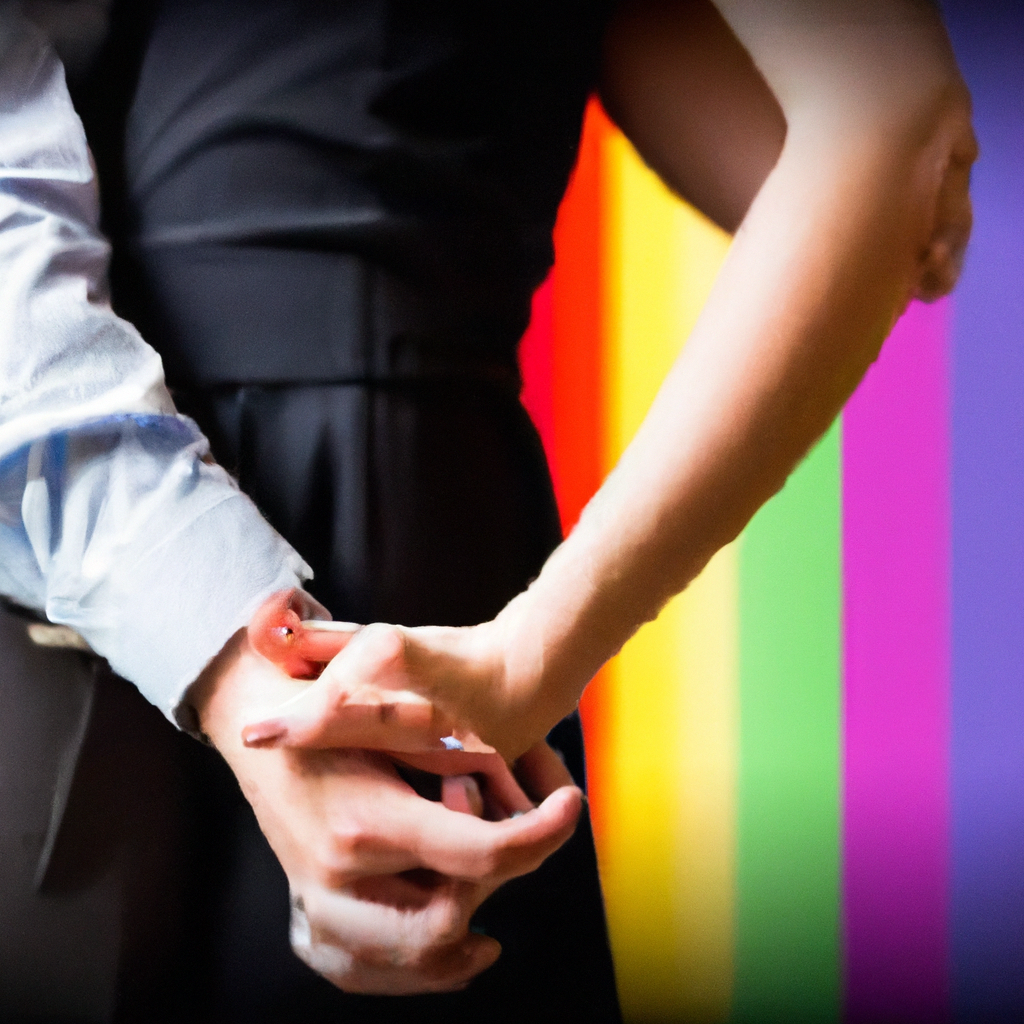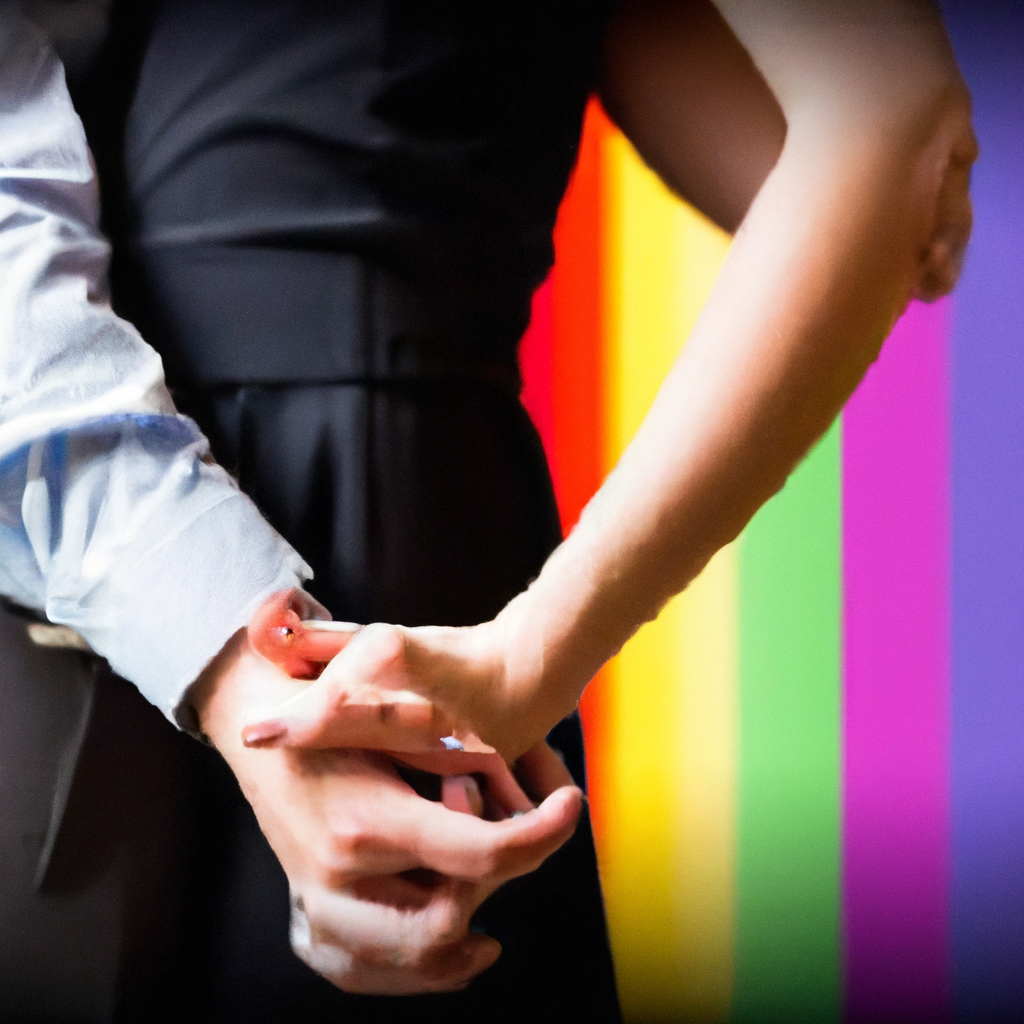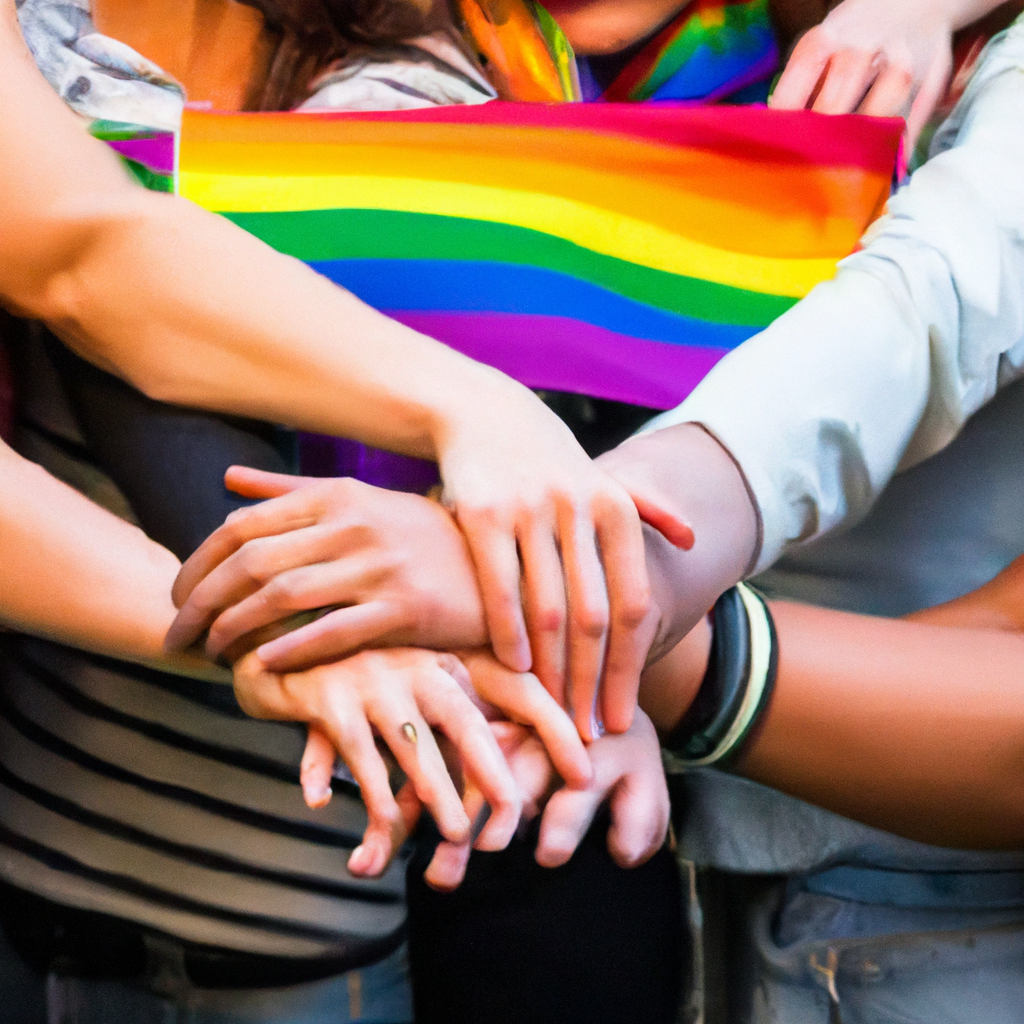
In this article, you will discover how to navigate societal pressures and stereotypes that can often impact gay relationships. As two individuals in a same-sex relationship, it can be challenging to overcome the expectations and judgments of society. We’ll explore ways to embrace your unique dynamic, strengthen your bond, and establish a supportive environment that celebrates your love and authenticity. Let’s embark on this journey together, empowering you to overcome any hurdles that arise along the way.
Understanding Societal Pressures in Gay Relationships
Recognizing the impact of societal pressures
In society, there are various pressures that can affect gay relationships. These pressures stem from societal norms, expectations, and stereotypes surrounding same-sex relationships. It is important to recognize and acknowledge these pressures in order to navigate them effectively. By understanding the impact of societal pressures, individuals and couples can work towards building a strong and healthy relationship, free from the negative influence of external forces.
Exploring common stereotypes about gay relationships
Gay relationships have often been subjected to stereotyping and misconceptions. Common stereotypes include the assumption that one partner must fulfill a certain gender role, the belief that same-sex relationships are inherently less stable, or the idea that all gay couples are highly promiscuous. By exploring and challenging these stereotypes, it becomes possible to create a more accurate and inclusive understanding of gay relationships. This understanding promotes acceptance and allows gay couples to thrive.
Building a Strong Foundation
Establishing open and honest communication
Open and honest communication lays the foundation for any successful relationship, regardless of sexual orientation. In gay relationships, it is particularly crucial to establish a safe and supportive space where partners can openly express their thoughts, feelings, and needs. By actively listening to one another and practicing effective communication skills, couples can navigate challenges and conflicts in a healthy manner, fostering a deeper connection and understanding.
Creating a safe and supportive environment
Creating a safe and supportive environment is essential for the well-being of individuals in a gay relationship. This includes respecting each other’s boundaries, validating each other’s emotions and experiences, and promoting a sense of belonging. By offering support and understanding, partners can build a strong foundation that will withstand societal pressures and external judgment. Creating this safe space allows for personal growth, self-discovery, and strengthens the bond between partners.

Maintaining Individual Identity
Embracing your own unique needs and desires
Maintaining individual identity is crucial in any relationship. In a gay relationship, it can be particularly important to embrace your own unique needs and desires. Each partner should have the space and freedom to pursue personal interests, hobbies, and friendships outside of the relationship. By honoring and supporting each other’s individuality, couples can foster personal growth and fulfillment, while simultaneously strengthening their bond.
Balancing personal growth with relationship goals
Striking a balance between personal growth and relationship goals is vital in a gay relationship. It is important to recognize that personal growth and self-discovery can enhance the overall quality of the relationship. By setting mutual goals, such as pursuing education or careers, couples can support each other’s aspirations while nurturing their own personal development. This balance contributes to the growth and sustainability of the relationship, and helps navigate societal pressures more effectively.
Dealing with External Judgment
Coping with prejudice and discrimination
Sadly, prejudice and discrimination persist in society, affecting many gay relationships. By developing coping mechanisms, individuals can better navigate external judgment while protecting their mental and emotional well-being. Seeking support from friends, family, or LGBTQ+ organizations can provide valuable resources and networks to help cope with discrimination. It is important to remember that the opinions of others do not define the worth of the relationship, and that love and happiness can thrive despite external negativity.
Responding to family and friends’ opinions
Addressing the opinions of family and friends can be challenging in any relationship, but it may be particularly difficult in a gay relationship due to societal prejudices. When faced with negative opinions or lack of acceptance, it is important to remember that love and respect should guide the decision-making process. Encouraging open and honest conversations, educating loved ones about LGBTQ+ issues, and setting boundaries when necessary can help maintain healthy relationships with family and friends while also preserving the integrity of the romantic partnership.

Addressing Internal Conflicts
Overcoming internalized homophobia
Internalized homophobia refers to the internalizing of societal prejudices and negative beliefs about one’s own sexual orientation. It can cause individuals to question their self-worth and the validity of their relationships. Overcoming internalized homophobia involves self-reflection, education, and seeking support from trusted individuals or LGBTQ+ communities. By challenging and dismantling these negative beliefs, individuals can embrace their authentic selves, fostering a stronger sense of self-confidence and acceptance within the relationship.
Managing self-doubt and insecurities
Insecurities and self-doubt can affect any relationship, but they may be magnified within a gay relationship due to societal pressures. It is important for both partners to actively listen, validate each other’s feelings, and provide reassurance. Talking openly about insecurities, expressing affection and appreciation, and working on building self-esteem can help address and mitigate these challenges. By navigating these internal conflicts together, couples can strengthen their bond and create a more resilient partnership.
Establishing Boundaries
Setting boundaries with others’ expectations
Setting boundaries is crucial in maintaining a healthy and fulfilling gay relationship. It is essential to communicate your partner’s needs, establish boundaries with friends and family, and assertively express expectations. By setting clear boundaries, couples can navigate societal expectations and mitigate potential conflicts caused by external pressure. It is important to remember that boundaries are not meant to be rigid barriers, but rather tools for fostering respect, understanding, and harmony within the relationship.
Negotiating compromise within the relationship
Negotiating compromise is an integral part of any relationship, and it holds particular significance in gay relationships. By engaging in open and empathetic communication, couples can find mutually satisfying solutions to conflicting desires or needs. The ability to compromise helps create a strong and resilient partnership, fostering a sense of equality and respect. Through negotiation, couples can navigate societal pressures and strengthen their bond based on understanding and compromise.
Navigating Relationship Milestones
Discussing moving in together
Moving in together is an important step in a committed gay relationship, and it comes with its own set of considerations and challenges. It is crucial to discuss expectations, responsibilities, and financial matters openly and honestly. By creating a shared vision and addressing potential conflicts or concerns, couples can navigate this milestone successfully, building a safe, comfortable, and inclusive environment where they can continue to grow and thrive together.
Exploring the idea of marriage or civil partnership
Whether it is marriage or civil partnership recognition, planning for this milestone is a significant step in a gay relationship. It is important to openly discuss desires, expectations, and the significance of this commitment. By exploring legal requirements, cultural and personal beliefs, and potential challenges, couples can make informed decisions that align with their values and strengthen their bond. Understanding the legal and cultural context surrounding marriage or civil partnerships ensures that this milestone is celebrated and embarked upon with confidence and joy.
Building a Supportive Network
Seeking support from LGBTQ+ community
Building a supportive network is vital for the well-being of individuals in gay relationships. Seeking support from the LGBTQ+ community can provide a sense of belonging and understanding. Engaging in LGBTQ+ organizations, joining social or support groups, or participating in pride events can introduce individuals to like-minded individuals who can offer guidance, support, and camaraderie. Connecting with the LGBTQ+ community can help navigate societal pressures and provide resources and networks to overcome challenges.
Utilizing resources and organizations
There is a wide range of resources and organizations available to support gay relationships. Utilizing these resources can contribute to a healthy and fulfilling partnership. From LGBTQ+ counseling services to educational workshops and online forums, couples can find valuable information, guidance, and support. These resources can help address a variety of challenges, such as communication issues, mental health concerns, or legal matters. By actively utilizing available resources, couples can proactively navigate societal pressures and enhance their relationship.
Understanding Intersectionality
Recognizing the impact of other identities (race, gender, etc.)
Intersectionality acknowledges that individuals possess multiple identities that intersect and influence their experiences. Within a gay relationship, it is essential to recognize and understand how other identities, such as race, gender, or socioeconomic background, intersect with sexual orientation and impact both partners. By actively engaging in conversations about intersectionality and educating oneself, individuals can foster a more inclusive and empathetic partnership that takes into account the unique experiences and challenges faced by their partner.
Navigating multiple forms of oppression
Navigating multiple forms of oppression can be complex within a gay relationship. Recognizing the interconnectedness of different forms of oppression is integral to creating a supportive and inclusive environment. Partners must amplify each other’s voices, actively address biases and stereotypes, and work towards dismantling systems of oppression together. By acknowledging and addressing the various forms of oppression faced, couples can create a relationship that respects and empowers each partner, fostering resilience and unity.
Embracing Celebrations and PDA
Expressing affection in public
The ability to freely express affection in public is an important aspect of any romantic relationship, including gay relationships. However, societal pressures and prejudices can make it more challenging for same-sex couples. Embracing celebrations and showing affection in public helps challenge stereotypes, promotes visibility, and creates a more inclusive society. By participating in LGBTQ+ events and pride celebrations, couples can celebrate and embrace their love publicly, fostering a sense of pride and empowerment within their relationship.
Participating in LGBTQ+ events and pride celebrations
Participating in LGBTQ+ events and pride celebrations offers an opportunity to connect with the broader community and celebrate love and diversity. These events provide a supportive and inclusive environment where individuals in gay relationships can feel seen, respected, and celebrated. By attending these events together and engaging in pride celebrations, couples can strengthen their bond, find inspiration, and build connections with other LGBTQ+ individuals and allies. These events allow couples to create shared memories and celebrate their love authentically.
In conclusion, navigating societal pressures in gay relationships requires understanding the impact of external influences, recognizing and challenging stereotypes, and building a strong foundation based on open communication and individuality. It involves addressing both external and internal conflicts, establishing boundaries, and celebrating milestones while seeking support from the LGBTQ+ community and utilizing available resources. By embracing intersectionality, recognizing the impact of other identities, and participating in LGBTQ+ events, couples can navigate societal pressures and build a lasting and fulfilling relationship, defying societal norms and embracing their authentic selves.




